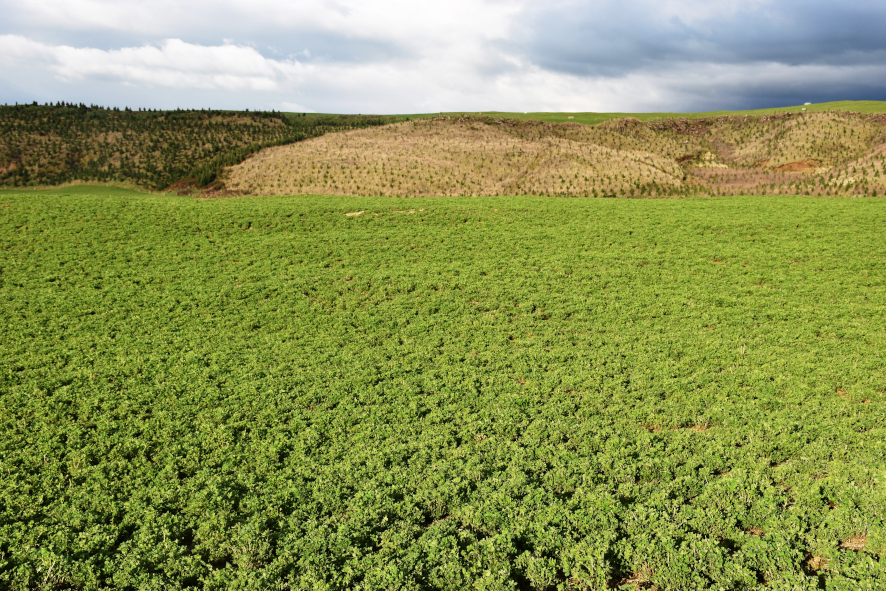Posted on Behalf of Prof Derrick Moot:
I recently provided peer review for the Parliamentary Commissioner for the Environments report on “Farms, forestry and fossil fuels: The next great landscape transformation?“. It rightly points out that the greatest source of greenhouse gas emissions is from turning fossil carbon (oil and coal) into atmospheric carbon dioxide. The report concludes that only biological emissions (from e.g. farm animals) should be able to be offset by forestry (a biological sink). I believe this is sound science and would make sound policy in NZ and globally. However, the NZ Govt. have dismissed this idea with little acknowledgement of the distortions their current policy settings will create. The lack of action against fossil fuels means the New Zealand rural sector will be disadvantaged by a global problem that is the result of fossil fuel burning. In my opinion it is absurd that NZ is targeting short lived biological emissions from sheep and cows and largely ignoring the fossil fuel industry that the rest of the world recognises as the main cause of greenhouse emissions. Short term expediency may allow individual farmers to benefit from planting trees, and in a best case scenario see the conversion of marginal grazing land to forestry. However, the subsidy to forestry will make it almost impossible for sheep and beef farmers to compete in land purchases in the medium and long term. Importantly, we are already seeing high value sheep and beef farm land close to main roads being sold for forestry. This is not the more marginal that potentially could be targeted through appropriate policy.
Farmers concerned about the impact of forestry across their agricultural community may like to read the material and sign this petition being promoted by Dave Read from Wairoa.
Message from Dave Read:
“We have spent the last year doing research on GHG policy. Our driver was to save sheep & beef farms from conversion to forestry. Locally we have seen a wave of farm sales to forestry. The Parliamentary Commissioner for the environment, Simon Upton, has modelled current policies and predicts 5.4 M ha of grassland will be planted by 2075. We are talking about almost half the total area of the north island here. There is only 5.3M ha of non-dairy, non-tussock grassland in NZ, so that is the end of sheep and beef farming in NZ. We are all familiar with the spiral of bad things that happen if our industry shrinks: Overcapacity in the freezing industry; rural depopulation and the loss of services; and increasing difficulty in attracting staff.
The prime mover for afforestation is the anticipation of a rising price for carbon. This is a consequence of the political fear of tackling our driving habits.
As a consequence of our work we have come to the conclusion that the sheep and beef sector and rural communities will bear the brunt of meeting New Zealand’s Paris obligations.
To save our industry and community the following must happen:
- Forestry must not receive incentives that allow it to outbid farmers for land purchases.
- The demand for carbon credits must be reduced.
- The Government must be offered a viable alternative to off-setting
- The only alternative that we can see is regulation of the transport sector.
To have the courage to take this step, the government will need a demonstration of widespread support for it. For this reason we are asking you to support our petition (Take action to reduce global warming).
It is fortunate that our interests actually coincide with anyone who seriously wants to reduce global warming. The sheep and beef industry actually produces less warming today than it did in 1990. Mass afforestation is a risky and flawed strategy which only postpones the action on fossil fuel use that we need to take eventually.
Because we need a lot of signatures we have also written a covering letter for non-farmers. We can supply it if you wish to forward the petition to a wider audience. For anyone wanting to check up on our facts, we have supporting data and scientific references. We can send you these on request. (bogaardread@outlook.com)
Regards,
Dave Read & Judy Bogaard”

I am concerned the reduction in farmland to forest will take profits out of New Zealand and rural s will shrink. We need food and method. Is a short lived hug that is not increasing